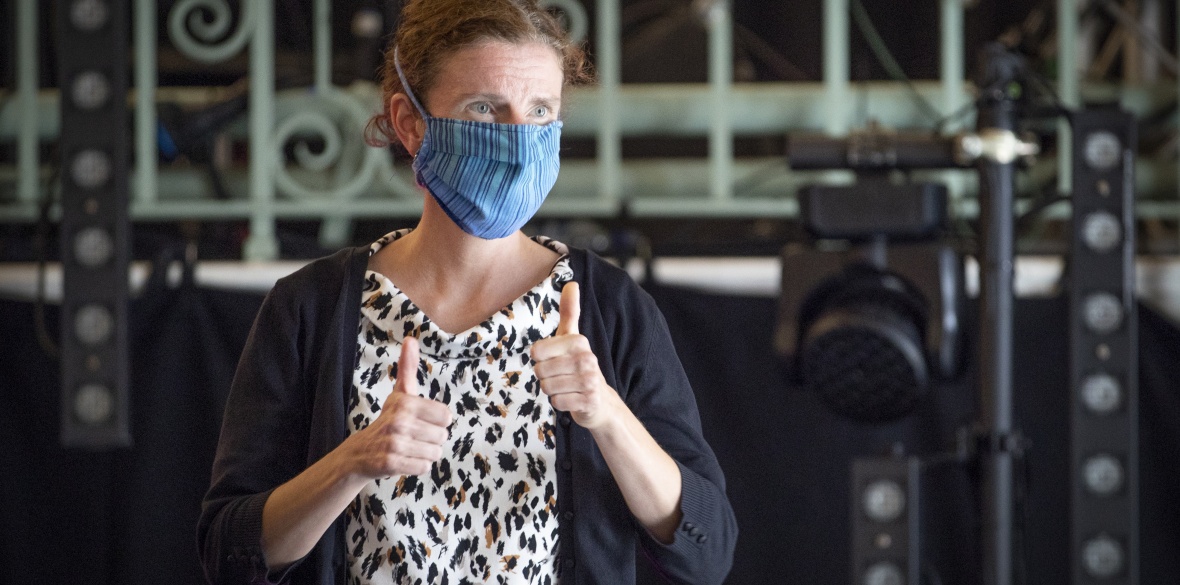This is the last article you can read this month
You can read more article this month
You can read more articles this month
Sorry your limit is up for this month
Reset on:
Please help support the Morning Star by subscribing here
BRITAIN “must resist” increasing calls to “learn to live with” coronavirus, a leading left MP warned yesterday as global deaths hit one million.
Leeds East MP Richard Burgon, who is secretary of the Socialist Campaign Group of Labour MPs, said: “Other countries have driven coronavirus cases down to incredibly low levels. With a different strategy, we can do this too — and we must, in order to protect lives and livelihoods.”
The campaign group has called for adoption of a zero-Covid strategy, as was successful in largely eliminating the virus in countries including China, Vietnam and New Zealand.
By contrast Britain has the fifth-highest death toll in the world, after Mexico, India, Brazil and the United States in ascending order.
Mr Burgon’s warning came as Labour said Britain was returning to “the worst days of Thatcher” because of Chancellor Rishi Sunak’s failure to protect workers from the fallout from Covid-19.
Shadow chancellor Anneliese Dodds slammed Mr Sunak’s “sink-or-swim mentality” as she declared: “Britain now faces an unemployment crisis — and it’s got Rishi Sunak’s name all over it.”
Ms Dodds pointed out that the jobs support scheme announced by the Chancellor last week actually encourages employers to lay people off, since it is more expensive for them to keep two workers part-time than to sack one and keep the other full-time.
“The Chancellor should have protected jobs with a proper work-sharing scheme that incentivised employers to keep more staff on. Instead, he’s telling British business to start laying people off. That wasn’t by accident — it was by design.”
Yesterday the latest Office for National Statistics figures brought the total number of Covid-related deaths in Britain to 57,860 as Johns Hopkins University’s international count hit a million. The US total of 205,000 is more than a fifth of the world’s.
The tally, which dates from the first outbreak of Covid-19 in the Chinese city of Wuhan late last year, means Covid-19 has exceeded the annual figure for deaths from Aids (690,000) and, because it is accelerating, could approach that of annual deaths from tuberculosis (1.5m) by the end of the year.
The figures could be an underestimate because of a lack of tests in many parts of the world, though the World Health Organisation announced a plan to roll out 120 million rapid-diagnostic tests to help “lower and middle-income countries” on Monday.
The rapid tests look for antigens or proteins found on the surface of the virus. They are generally considered less accurate, though much faster, than higher-grade genetic tests, known as PCR tests.
Those tests require processing with specialist lab equipment and chemicals.
Deaths involving Covid-19 also rose for a second week in a row in England and Wales.
As fatalities continue to rise, public health officials announced that hospitalisations from the virus have spiked to 110 with 20 in intensive care.
Professor Dominic Harrison, director of public health for Blackburn with Darwen Council, said the numbers showed we were at a “critical point in the rising second wave.
“If the rates continue on their current trajectory we will have to take further control measures to ensure that enough of the workforce is able to be at work in key infrastructure services such as social care, the NHS, police and essential food production and distribution services,” he said.
The picture was the same across much of Europe, with cases rising in France, Spain and even Germany, which has a far better record of suppressing the virus than Britain.
German Chancellor Angela Merkel chaired a summit of the country’s state governors yesterday to co-ordinate regulatory responses, saying through a spokesman: “We mustn’t allow the virus to spread exponentially again in individual locations. We can sadly see where that leads with some of our European friends.”
The Scottish and Welsh first ministers have accused Mr Johnson of declining to discuss or co-ordinate the management of the pandemic with them.

 Ben Chacko
Ben Chacko









